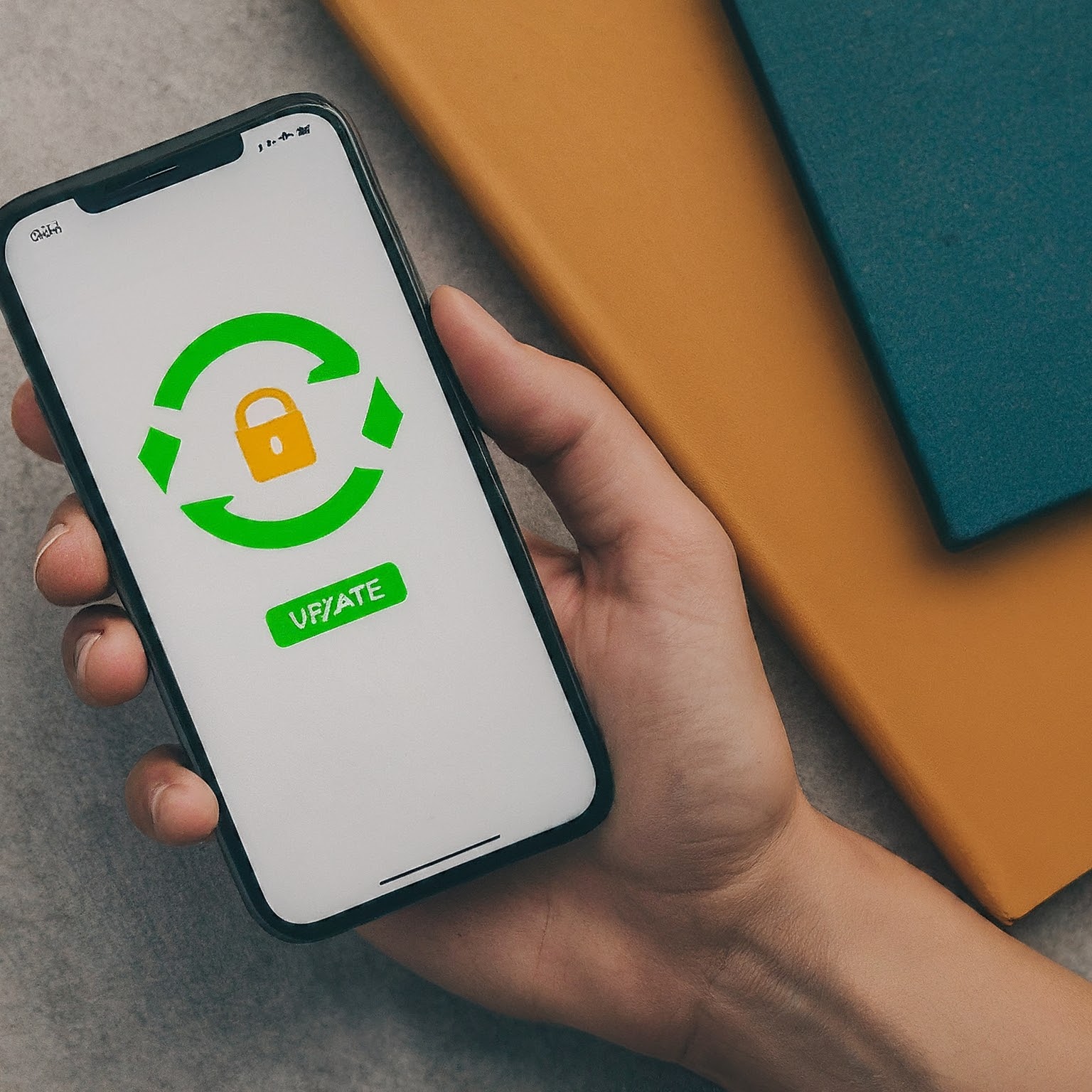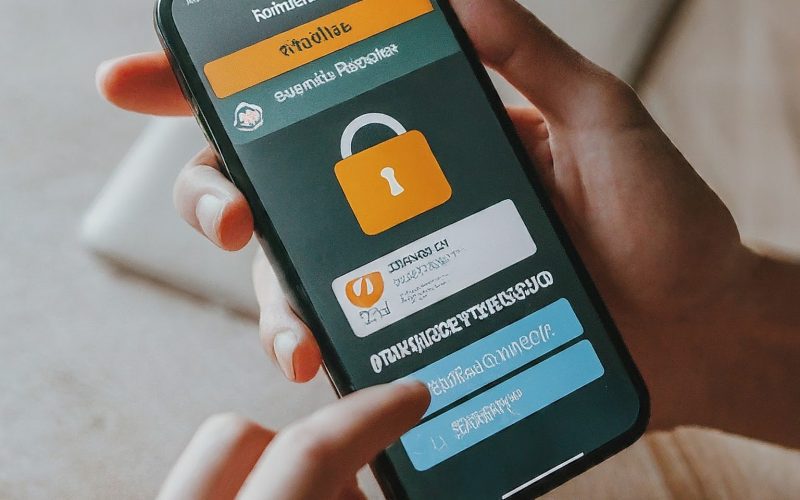Introduction:
Hey everyone, Sarah here! I’m a cybersecurity enthusiast and blogger passionate about empowering smartphone users to navigate the online world safely. Today, we’re tackling a common concern: how secure are apps compared to websites on our phones?
In this blog post, we’ll dive into the security aspects of both apps and websites to help you decide which reigns supreme. We’ll explore factors like permissions, updates, and the risk of phishing and malware, giving you the knowledge to make informed choices.
Round 1: Permissions
Understanding App Permissions
Apps often request access to features on your phone, like your camera, microphone, or location. While some permissions are essential (like a ride-hailing app needing your location), be cautious about granting access to features that don’t seem necessary. Remember, the fewer permissions an app has, the less access it has to your data.
Websites Generally Request Less Access
Websites typically require fewer permissions than apps. They primarily function within your browser, limiting their reach into your device’s functionalities. This means less risk of them accessing sensitive information on your phone.
Here’s a quick comparison table to summarize permissions:
| Feature | App | Website |
|---|---|---|
| Permissions Requested | More (camera, microphone, location) | Less (limited to browser functionalities) |

Round 2: Updates
Apps Benefit from Regular Updates
Many apps receive frequent updates that patch security vulnerabilities. Keeping your apps updated is crucial for optimal protection. However, it requires vigilance on your part. Make sure to check for updates regularly and install them promptly.
Websites Update Automatically (Usually)
Websites typically update automatically in the background, eliminating the need for you to take manual action. This ensures you’re always interacting with the latest secure version of the website.
Let’s take a look at how updates are handled by apps and websites:
| Feature | App | Website |
|---|---|---|
| Update Frequency | Varies, requires user action | Automatic (usually) |
| User Control Over | More control (can choose to update) | Less control (updates happen |
| Updates | automatically) |
Round 3: Phishing and Malware
Apps Can Be More Secure if Downloaded from Official Stores
Official app stores like Google Play Store and Apple App Store have vetting procedures to minimize the distribution of malware. However, malicious apps can still slip through the cracks. It’s important to be cautious and only download apps from trusted sources.
Websites Are More Prone to Phishing Attacks
Deceptive websites designed to steal your information (phishing) are a significant threat when browsing the web. Staying vigilant and avoiding suspicious links is crucial to protecting yourself from phishing attacks.
Here’s a comparison table to see how apps and websites fare when it comes to phishing and malware:
| Feature | App | Website |
|---|---|---|
| Download Source | More secure (official app stores) | Less secure (greater risk of phishing) |
| Common Threats | Malware from unofficial stores | Phishing attacks from deceptive websites |
The Verdict: It Depends
Security is a Shared Responsibility
There’s no clear-cut winner between apps and websites when it comes to security. Both have advantages and disadvantages. It ultimately boils down to how you interact with them:
- Be mindful of app permissions and only grant access to essential features.
- Download apps only from official app stores.
- Keep your apps updated regularly.
- Be cautious of suspicious links on websites.
- Use strong passwords and enable two-factor authentication wherever available.
By following these best practices, you can significantly enhance your mobile security, regardless of whether you’re using an app or a website.
Conclusion:
Remember, security is an ongoing process. Stay informed about evolving threats and adapt your practices accordingly. Now you have the knowledge to make informed decisions about using apps and websites securely. Happy browsing (and apping)!
Bonus Tip: Consider using a mobile security app to add an extra layer of protection to your phone












